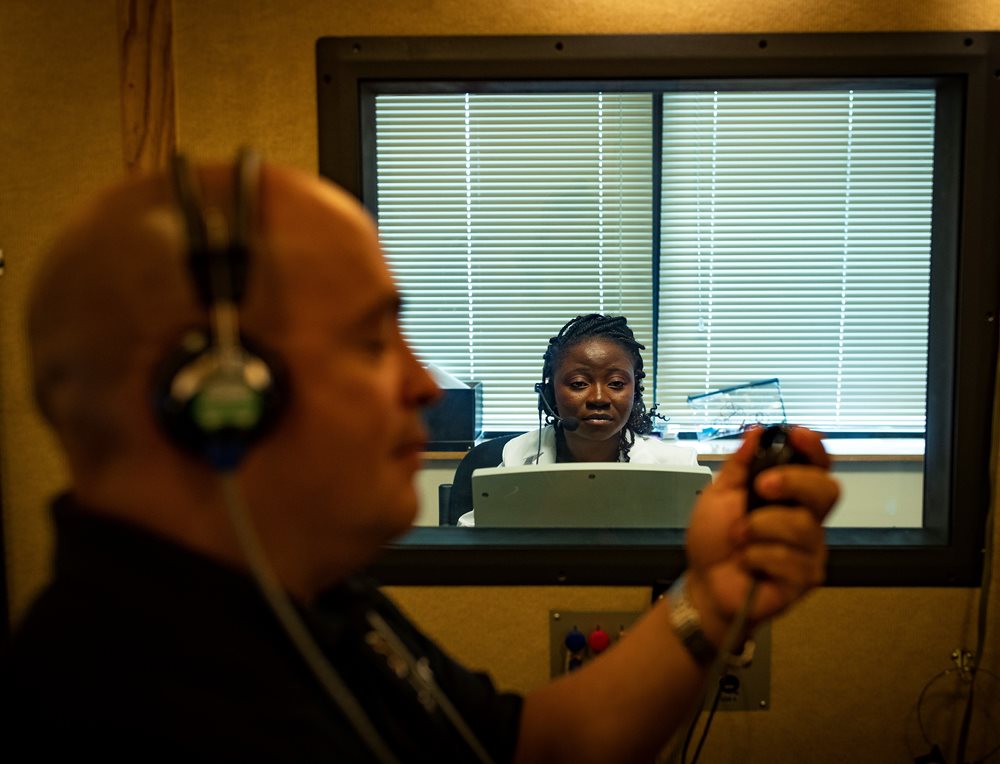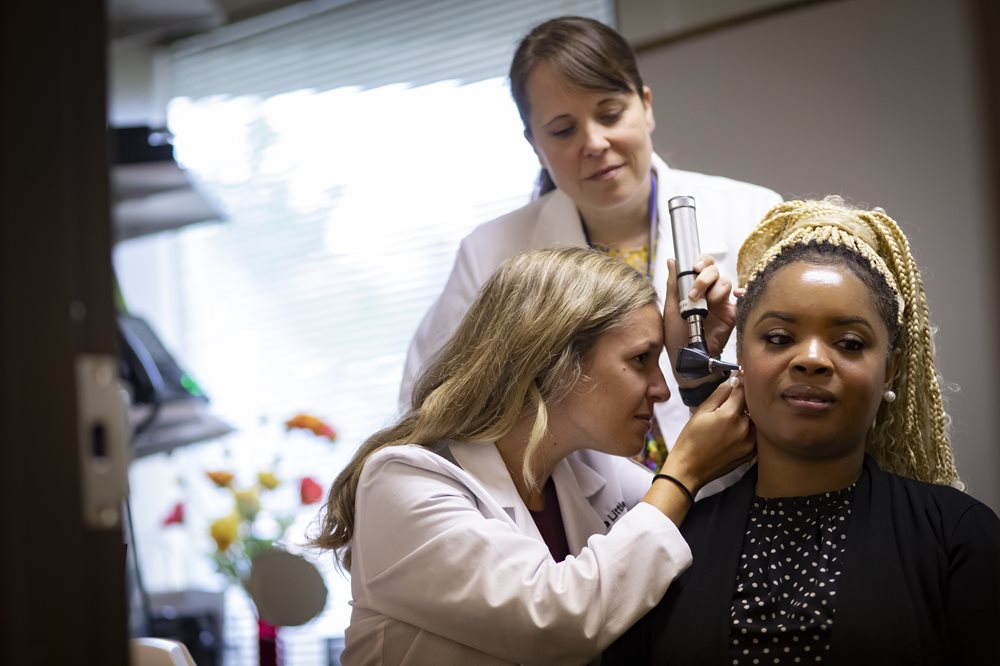Diabetes and Hearing Loss – What’s the Connection?

According to the American Diabetes Association, more than 34 million people in the U.S. have diabetes, and an estimated 34.5 million have some type of hearing loss. A recent study found hearing loss is twice as common in people with diabetes as it is in those who don't have the disease. Also, of the 88 million adults in the U.S. who have prediabetes, the rate of hearing loss is 30 percent higher than in those with normal blood glucose.
Diabetes is a disease that affects the body’s ability to produce or use insulin effectively to control blood sugar (glucose) levels. Too much glucose in the blood for a long time can cause damage in many parts of the body. Diabetes can damage the heart, kidneys and blood vessels. It can damage small blood vessels in the ears as well.
Diabetes and Hearing Loss
Hearing loss happens for many reasons such as aging or if you spend too much time around loud noises. Having diabetes also puts you at risk for hearing loss. Managing your blood sugar is a critical part of your diabetes care. It can also help protect your hearing.
Over time, high blood sugar levels can damage small blood vessels and nerves in the inner ear. Low blood sugar over time can damage how the nerve signals travel from the inner ear to your brain. Both types of nerve damage can lead to hearing loss.

Signs of Hearing Loss
Hearing loss can happen slowly, so it can be hard to notice. Often, friends and family members will notice your hearing loss before you do.
Signs of hearing loss include:
- Often asking others to repeat themselves.
- Trouble following conversations with more than one person.
- Thinking that others are mumbling.
- Problems hearing in noisy places, such as busy restaurants.
- Trouble hearing the voices of small children and others with quiet voices.
- Turning up the TV or radio volume too loud for others who are nearby.
How to Protect Your Ears
Hearing exams are often overlooked when it comes to routine diabetic care, but they are an important aspect of overall health. The Centers for Disease Control and Prevention (CDC) recommends having your hearing tested when you first find out you have diabetes and then every year after. Make it part of your diabetes care schedule.
 Here are some simple tips to help those with diabetes improve their hearing health:
Here are some simple tips to help those with diabetes improve their hearing health:
- Make an appointment for a comprehensive hearing exam: Just like annual eye exams, make a habit of scheduling an appointment for a routine hearing exam every year. If you notice any changes in your hearing, you should see your primary care physician who can refer you to an audiologist.
- Keep your blood sugar under control: High glucose levels can have an effect on hearing health, so it’s important to monitor blood sugar levels and take medicine as prescribed.
- Maintain a healthy lifestyle: Even for those without diabetes, it’s important to steer clear of unhealthy habits such as smoking and lack of exercise.
- Protect your ears: Carry disposable earplugs, especially when you know you’ll be someplace noisy. Also make sure to keep the volume on smartphones and electronics at a reasonable level.
To request an appointment with the Pennsylvania Ear Institute click here or call 215.780.3180.